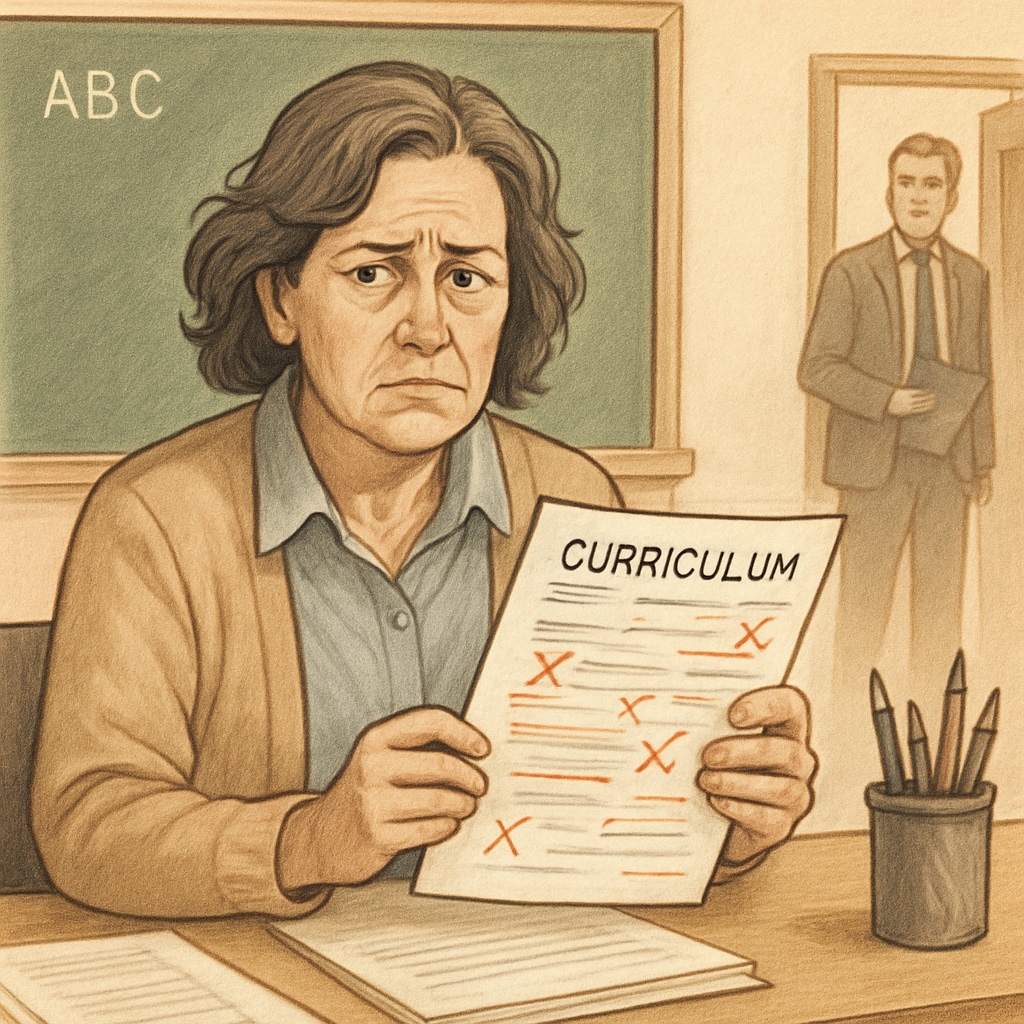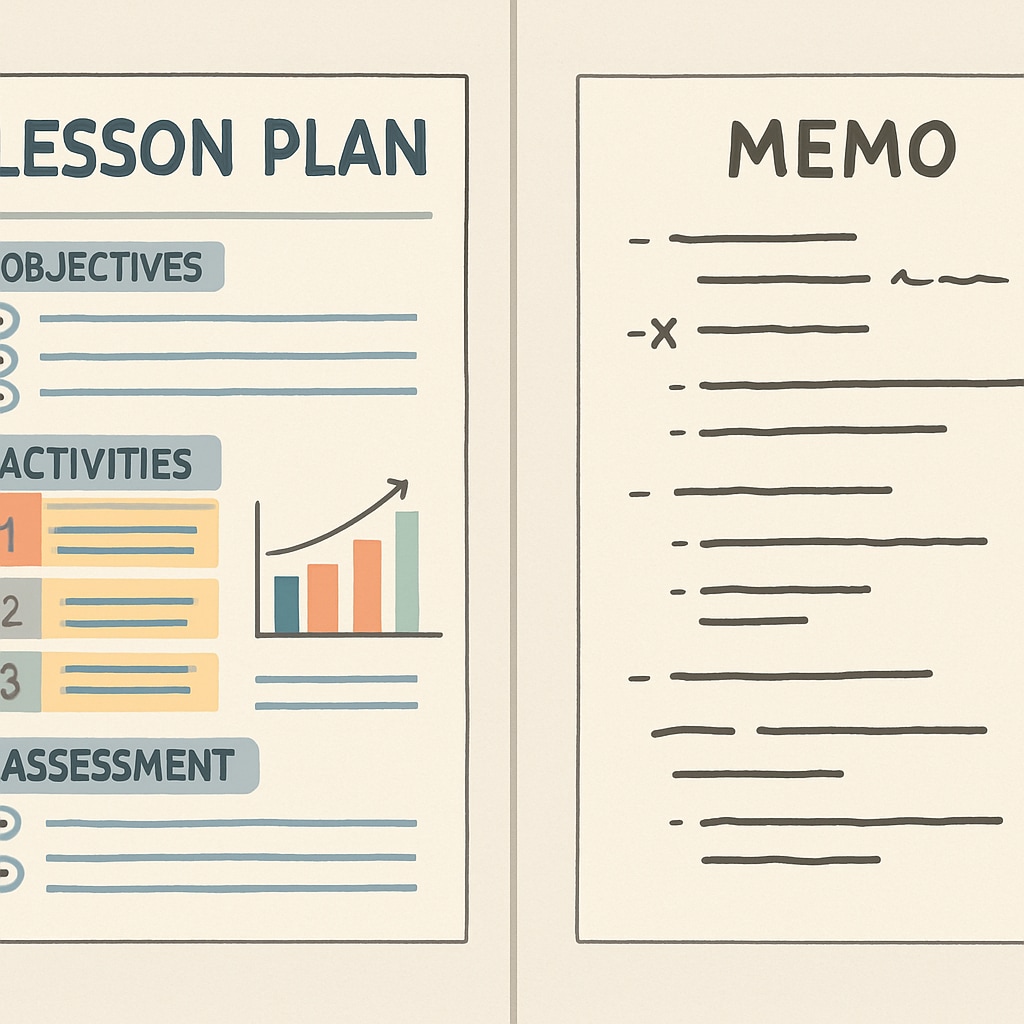Academic supervisors, teaching experience, and professional competence form the cornerstone of effective education systems, yet many K12 teachers face daily struggles when these elements are misaligned.

A 2022 study by the National Education Association reveals that 37% of teachers cite “administrative incompetence” as a primary career stressor, often leading to burnout and attrition. This systemic issue manifests when educators with decades of classroom expertise must implement policies designed by leaders lacking pedagogical understanding.
The Professional Dissonance Crisis
Seasoned teachers frequently encounter academic supervisors who:
- Prioritize standardized test scores over authentic learning (as critiqued in Edutopia’s assessment research)
- Disregard evidence-based teaching methods for trendy but unproven initiatives
- Fail to provide meaningful instructional support or professional development
This leadership gap creates what Harvard’s Education School terms “implementation whiplash,” where teachers constantly adapt to poorly conceived directives.

Preserving Instructional Integrity
Effective educators employ these strategies to maintain professional standards:
- Data-driven advocacy: Document student outcomes using measurable metrics
- Professional alliances: Build coalitions with like-minded colleagues
- Strategic compliance: Meet minimum requirements while preserving core pedagogy
As veteran educator Diane Ravitch notes, “Teaching is both an art and science that demands autonomy.” When academic supervisors lack teaching experience, teachers must become ambassadors for their profession’s expertise.
The solution lies not in confrontation but in demonstrating how professional competence serves students’ best interests. By anchoring decisions in research and student outcomes, educators can gradually influence administrative perspectives while protecting classroom integrity.


